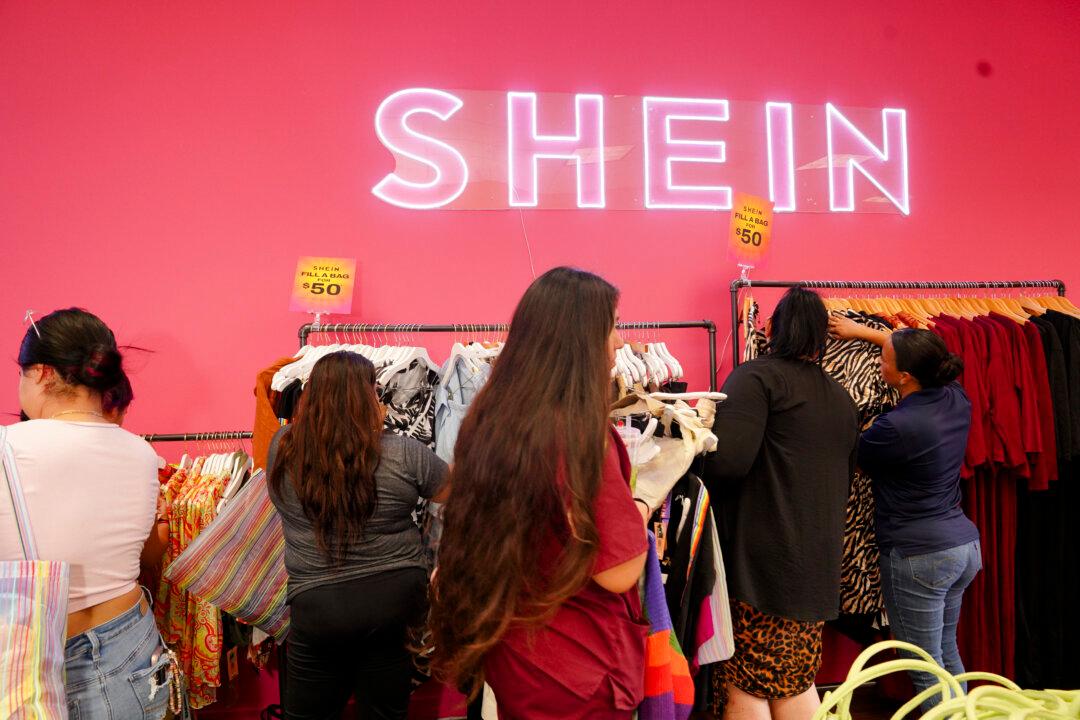Commentary
Shein, the online clothes retailer closely linked to China, is attempting a U.S. initial public offering (IPO). Relatively naive international investors could pump as much as ten billion dollars into a company largely based in an adversary country. Large parts of the company could then be taken by the regime in Beijing.





